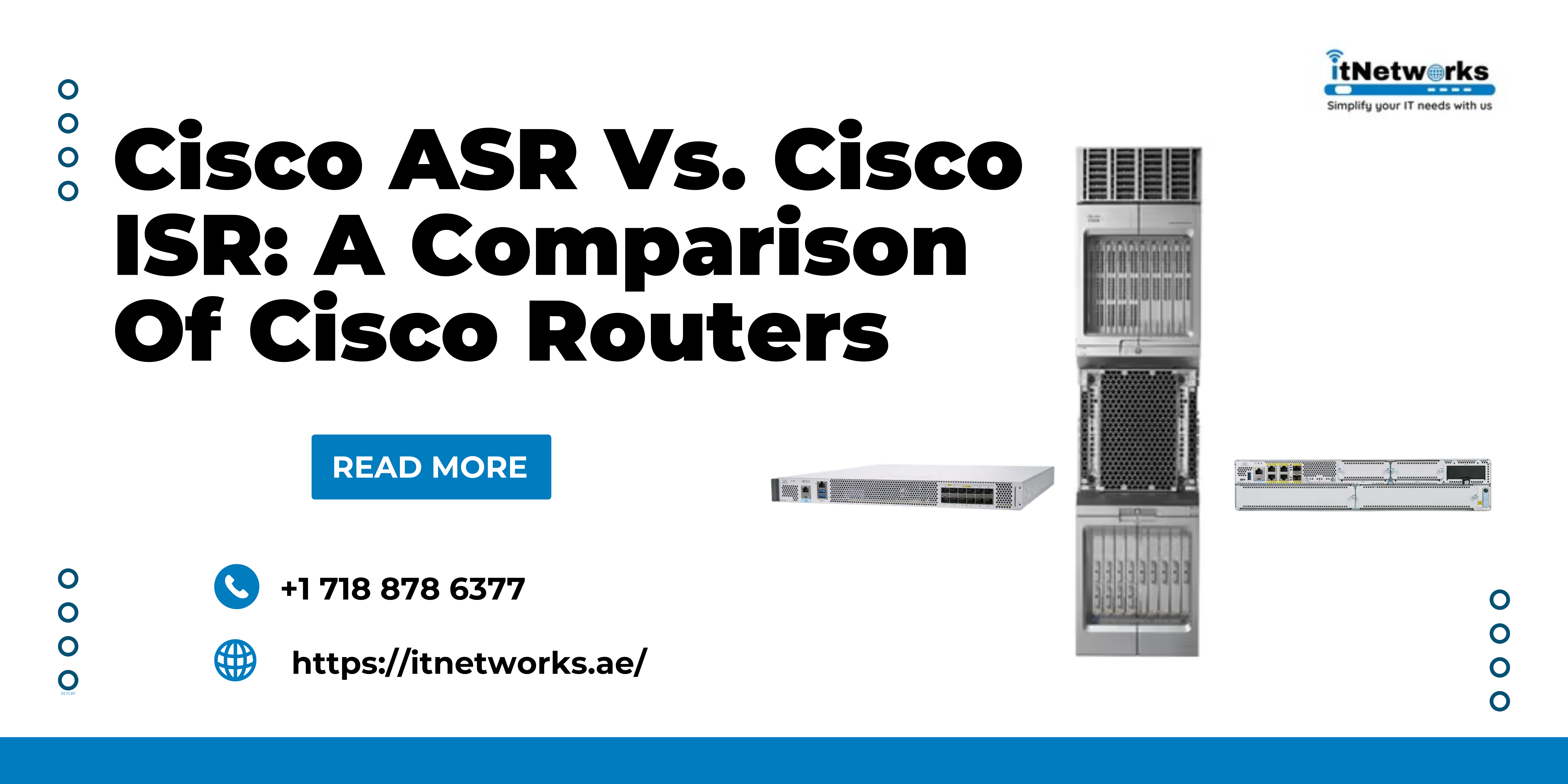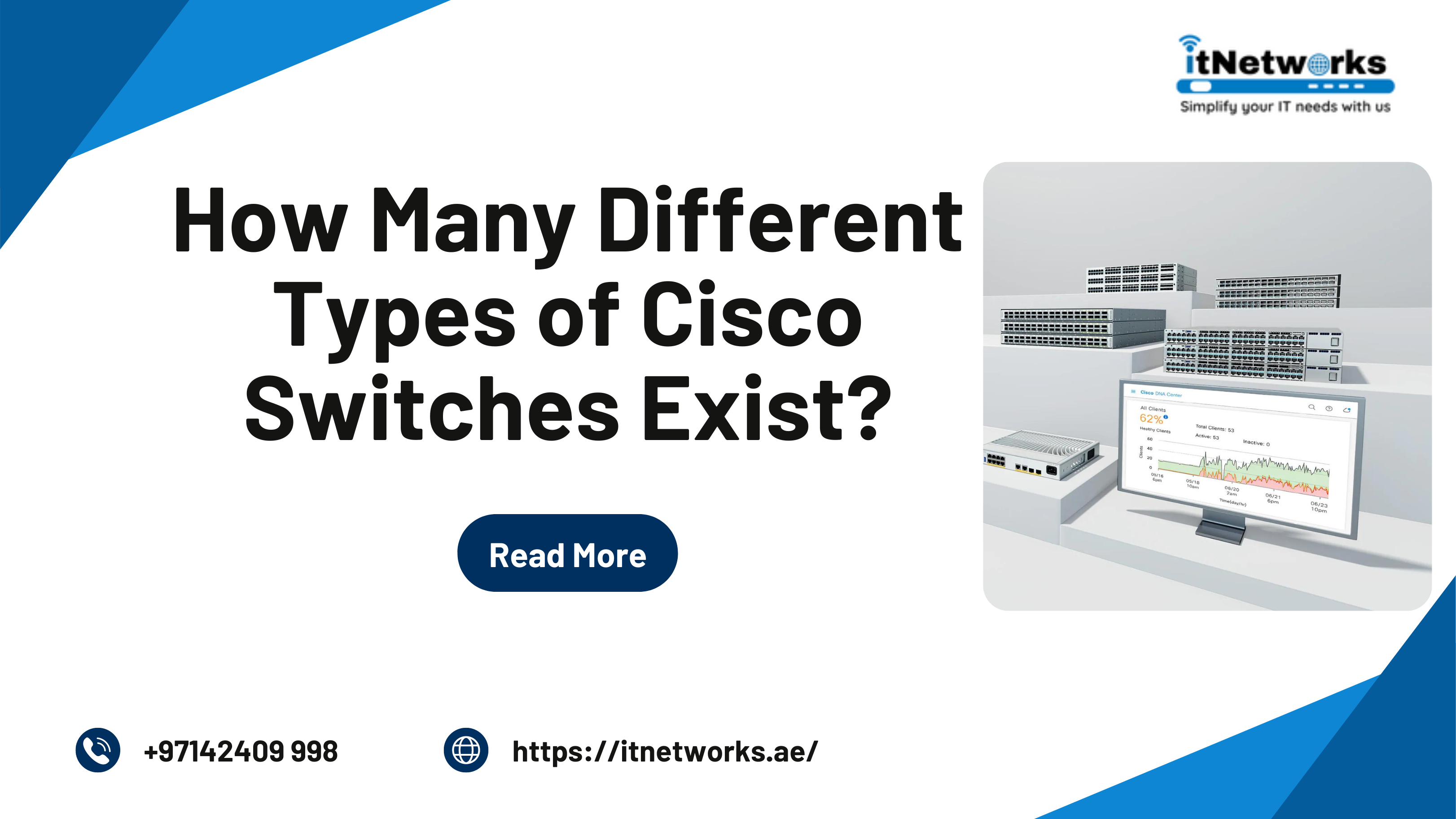what does a server actually do in IT infrastruture?
It is considered that the Server infrastructure is the foundation of the organization that holds the system together. It will be almost two-decade now since servers have been a crucial part of the IT industry. Servers are the flesh and bone of a business’s IT infrastructure, but if you don’t have an IT background, you may wonder what exactly a server is and why it’s so important. The sheer dimension of some servers can be intimidating and discourage us from understanding what they do. A server performs an essential function in enterprise technology. To store and access data easily throughout your community, you need to have a server setup correctly. But first, let us understand what exactly a server is?
What is a server?
A server is a pc that serves records to different computers. These computers, known as clients, can join a server via both a nearby location network or a broad area network, such as the internet. A server is an imperative piece of your IT infrastructure that collects and sends data throughout a network. That can be a local network, like your commercial enterprise network, or a wider network throughout multiple locations. Any computer running the proper software program can be a server. Although we hear the phrase server as an enormous, high-powered device, it is nothing but a normal machine that pushes and pulls records across the web. These servers help in reinforcing the storage, flow, processing, and data analysis.
What is Server Infrastructure and how does it work?
But when we talk about server infrastructure it includes the whole thing. Server infrastructure consists of an entire network’s hardware and software resources that enable network connectivity, communication, operations, and data storage of an enterprise network. There are two ways to set up server infrastructure. It can be either centralized or decentralized. A centralized server is the one that is inside a data center and a decentralized one would be scattered among different data centers. They can also be controlled directly by an organization or by a third party such as a Cloud provider. The first step in setting up a server infrastructure is to have enough research and purchase of the market resources, followed by signing the service agreement. The second step is to carefully consider the security measures of the infrastructure to prevent malicious damage or theft of data. This can be done by restricting the entry into the server room and granting permission for only concerned personnel. Other than the data center, there is also an internet infrastructure comprising transmission media, including satellites, fiber optic cables, routers, etc. Such internet infrastructures are constructed, operated, and designed by the Internet Service Providers (ISP).
If we consider a single server in infrastructure, it is simply a computer but without anyone working behind it on a monitor. In a traditional enterprise networked environment, you may find different types of servers such as a mail server that does all the mail traffic and storage, a print server that handles all printers, or a database server that houses the company database. There are many exclusive sorts of servers, one of which is a net server that serves Web pages to computer systems that connect to it. It can also resolve scripting languages such a PHP, ASP, and JSP. same as the net server, a mail server stores users’ e mail debts and sends and receives email messages. For example, if you ship an email to a friend, the message gets despatched through a mail server, using the SMTP protocol. Another example is a file server which is also a computer that stores documents that can be accessed through different computers. File servers are regularly used inside local networks and normally require a password or some type of authorization to join to it. These are a few examples of some frequent servers, however, there are many extra kinds and complicated types of servers that exist. Just about any computer can be used as a server if the integral server software program is set up on it and the hardware is effective ample to method the workload.
Since all these sorts of servers are required to be on hand to many, most people prefer the web to communicate with the server. Hence these servers are open to the web via firewalls and can be accessed using their Public IP addresses. If you prefer your server to be accessed solely inside your enterprise, expose them using their private IP address which is for sure via a firewall. It is normally quite difficult for any individual to take into account four units of numbers between 0–255 unique for every server. So if you want them to be effortlessly accessible, you use a Domain Name Server (DNS Server) to map your IP address to a name. Hence from now on, no need to remember or type the IP for Google. Simply Google So that is my people is what servers are all about. You might also be confused with the phrases apache server, tomcat server, etc, however, they are nothing but the applications that allow the high-powered machines to act as servers.
If you ever go on looking for the best server available in the market, you will end up with plenty of options. Also, you will need some trusted source to buy a genuine server because nowadays people are getting fooled by the word BRANDED SERVER. Always remember, you should always buy servers of renowned brands like Cisco, or if you want something affordable go for HPE, Dell, Juniper, Huawei, etc. Gearnet has an A+ rating from the BBB and we are also a Cisco server partner in Dubai. If you've ever been worried about the requirement of a genuine server, you might want to check out our service. Being Cisco suppliers in UAE, we offer every kind of IT and security product to your enterprise. All you have to do is visit our website and book your required server now.





